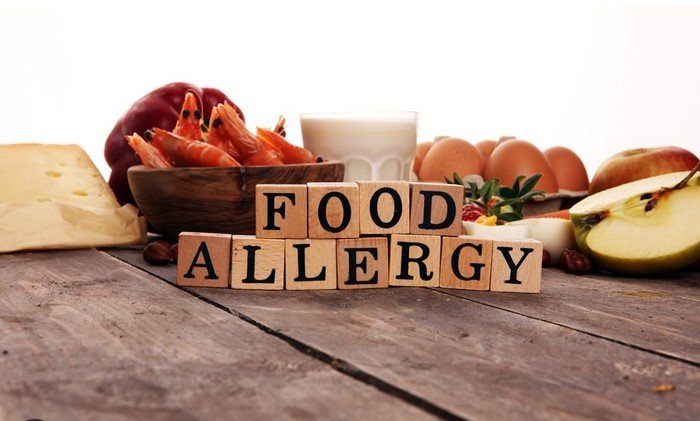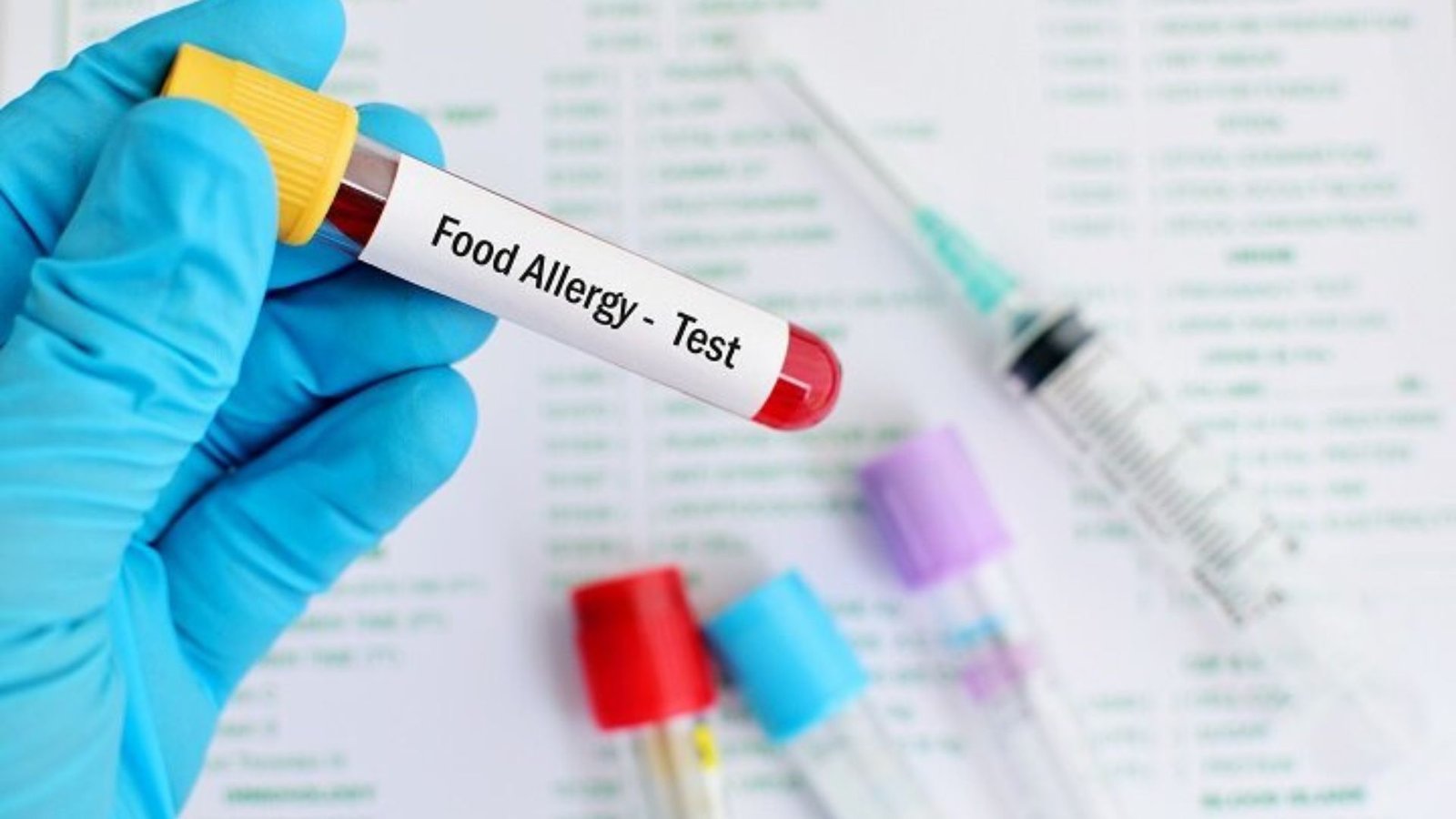Food allergies in children can be overwhelming, but managing them is possible with careful planning and awareness. These allergies occur when the immune system reacts abnormally to certain foods. Common allergens include milk, eggs, peanuts, tree nuts, soy, wheat, fish, and shellfish. By taking steps to prevent allergic reactions and preparing for emergencies, parents can help keep their children safe and healthy.

Understanding Food Allergies in Children
Food allergies in children are a serious health concern. They can cause reactions ranging from mild to life-threatening. It is crucial to identify and avoid foods that trigger allergic responses. Symptoms often include skin rashes, hives, stomach issues, or even more severe reactions like anaphylaxis. Knowing which foods cause these reactions can help prevent incidents. Your child’s doctor can conduct tests to pinpoint specific allergens, giving you the necessary information to make informed decisions.
Creating a Safe Food Environment at Home
At home, it’s important to create a safe food environment. Start by removing any known allergens from your kitchen. This might mean checking labels carefully and replacing foods with allergen-free alternatives. Separate food preparation areas and utensils to avoid cross-contamination. Educate everyone in the household about the importance of avoiding specific allergens. If you have guests over, communicate your child’s food allergies to ensure they understand the precautions necessary.
Educating Your Child About Food Allergies
As your child grows, they will need to understand their food allergies. This can be challenging, but it’s essential for their safety. Teach them to recognize their allergens and explain the risks involved. Encourage them to speak up when they are unsure about what’s in their food. Use age-appropriate language and reinforce safety habits. As they get older, involve them in meal planning and preparation to help them make safer food choices.
Preparing for Emergencies and Managing Allergies Outside the Home
Despite your best efforts, accidents can still happen. Therefore, it’s vital to be prepared for emergencies. Always carry an epinephrine auto-injector (EpiPen) in case of a severe allergic reaction. Educate school staff, caregivers, and anyone who will be in charge of your child about their allergies and how to use the epinephrine device. Make sure your child’s school has an allergy action plan in place. You should also consider creating an allergy-friendly lunchbox for school and public outings, complete with safe snacks.
Seeking Support and Resources for Food Allergy Management
Managing food allergies can be challenging, but you don’t have to do it alone. Seek support from healthcare providers, allergy specialists, and support groups. They can provide valuable advice on managing your child’s allergies. Additionally, you can find resources online, including recipe ideas, ingredient substitutions, and tips for dealing with allergies in social settings. Connecting with other parents who are navigating food allergies can provide emotional support and practical tips.
Conclusion
Managing food allergies in children requires vigilance, education, and preparation. From understanding allergens to creating a safe environment at home and preparing for emergencies, parents can take steps to protect their children. By teaching your child about their allergies and seeking support, you ensure they can live safely and confidently despite their food allergies.











